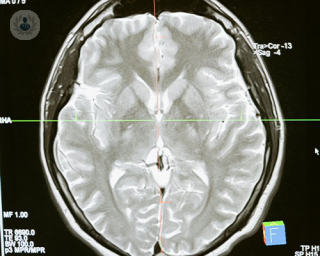
By Dr Dipesh Patel
01.11.24
Endocrinology, diabetes & metabolism
Diabetes type 2: The crucial role of weight management in regaining health
Although a lifelong condition, recent research reveals that it’s possible to reverse type 2 diabetes through targeted lifestyle changes. At the heart of this approach is weight management – a key factor for insulin sensitivity, blood sugar, and potentially diabetes reversal. Here, Dr Dipesh Patel, leading Endocrinology and Diabetes Consultant Physician, explores the crucial role of weight management in reversing type 2 diabetes, discussing how diet, exercise, and other lifestyle adjustments can support long-term health.


















